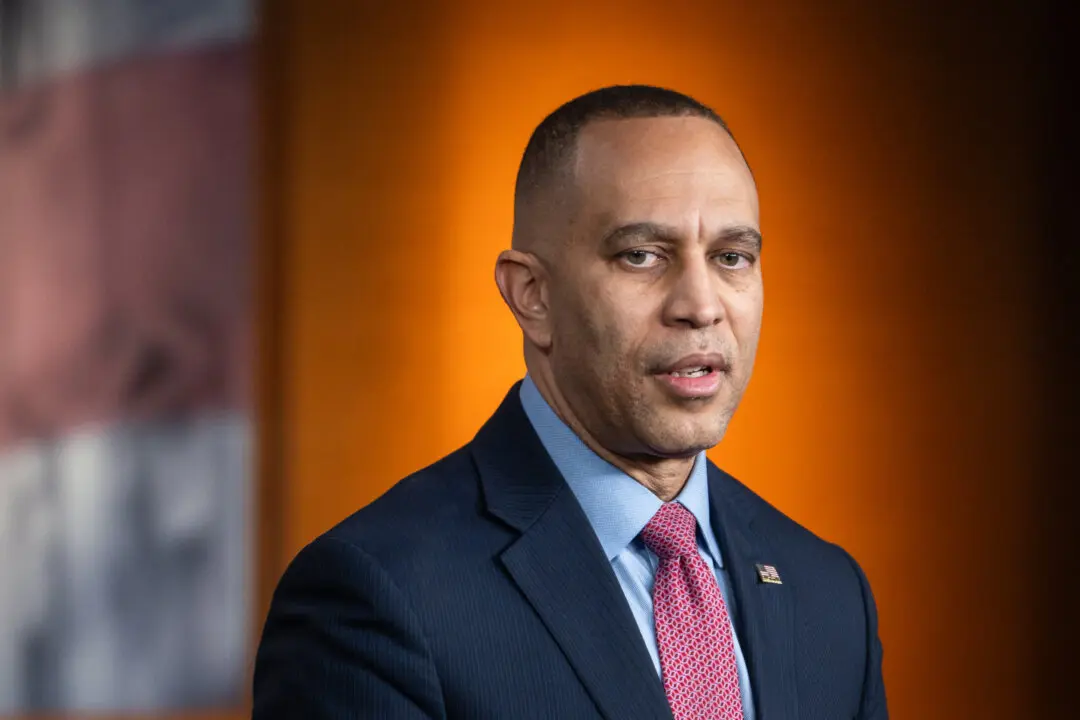Kansas Gov. Laura Kelly vetoed a bill on Friday that aimed to prevent companies of China and other “foreign adversaries” from acquiring real property near military installations in the state.
Senate Bill 172 aims to block individuals or companies from “countries of concern” from owning any interest in land located within a 100-mile radius of a military installation in Kansas.





